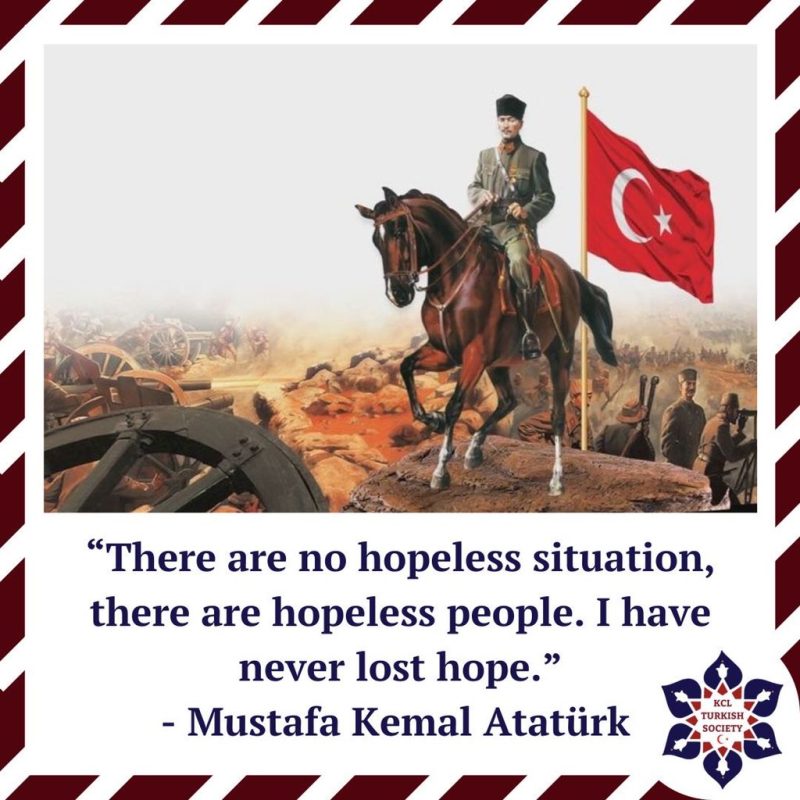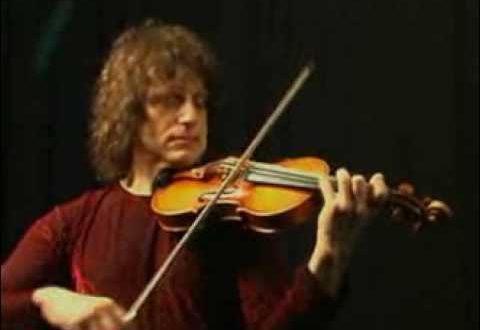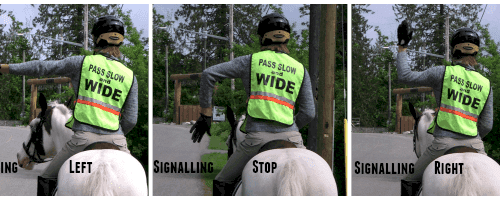
There are no hopeless horses and hopeless riders
There are no hopeless horses and hopeless riders
From newcomers to the equestrian world, you can often hear: “I can’t do it!”. Often you can see people who are very upset because progress is not going as fast as we would like. Beginners blame themselves for all sins, are tormented by remorse, worry when they cause discomfort to the horse, sometimes they even try to quit equestrian sport, because they see that everyone around is doing much better than they do …
Yes, that’s right: it’s not easy to master all the intricacies of interaction with a horse. But this does not mean at all that you need to despair and quit what you started. If you seriously think that something will not work out for you, I advise you to read Paul Gallico’s story “Donkey Miracle”. In this story there are wonderful words that sound like this: “No – not the answer.” Make it your motto!
Even if you are afraid.
Even if the horse flatly refuses to understand you.
Even if you don’t succeed.
Even if something worked out, and then there was a rollback, and hopeless sadness surged …
If you really want to understand the horse, you have no right to give up. No coach has the right to tell you that you are hopeless. Because hopelessness is the absence of desire. If there is a desire, everything will work out! I am sure of this because I have worked with dozens of people, half of whom have been declared hopeless in other clubs, or have branded themselves as such.
Communication with a horse should be fun
One of my regular students, after two years of training, finally brought her young man to training. She really wanted to introduce the guy to her favorite hobby. He sat on a horse for the first time, and he would have done well with water … But it was acutely felt that he did not need it and was absolutely not interested. After the lesson, the student asked how her boyfriend was doing. I quietly took her aside and honestly said, “Please don’t make him ride. He may learn, but he does not need it at all. If he WANTS, let him come. But do not specifically persuade.
A similar situation can often be observed with children, when parents realize their own desires and dreams at their expense. It is sad to look at such families … It seems to me that communication with a horse should take place on a voluntary basis. Violence is unacceptable here. In addition, equestrian sports, and even just riding for the soul, once a week, on a calm horse are associated with a certain risk. So do not persuade your friends, acquaintances, relatives, spouses or children to share your hobby if they themselves do not show due enthusiasm. To each his own.
If you love horses and sincerely want to find a common language with them, remember: if you have a DESIRE, you will SUCCESS!
Important: find your place
Do not dare to give up if you are determined to move forward. You may need to change stables, change coaches … Maybe even more than once. But, if you really want to, you will definitely find your horse and your instructor.
Sometimes, having started going to one rental or sports section, it is difficult to part with the usual rut and go in search of an alternative. But sometimes it just needs to be done! Even in the “ideal” equestrian club, you can remain a stranger without finding “your” horse and “your” trainer there. But these are the main components of success …
Unfortunately, in our country there are often instructors for whom it is only important to work out the allotted time and get their money. Day after day you will ride along the wall at a walk and a trot, and the coach at this time will drink coffee and occasionally shout: “Heel down!”. Moreover, such a situation can develop both in a small rolling stable and in an elite KSK.
Sometimes the classes seem to be sensible, but the coach constantly looks for excuses for your questions, avoids answers and forces you to look for solutions to your problems on the Internet. Reading forums and articles is, of course, very useful! First, you will see that many beginners have similar problems. Secondly, you will gather a huge amount of necessary (and not so) information. Thirdly, if you connect your brains, learn to distinguish “grains from the chaff” and put information on the shelves. But there is a downside to the coin… Self-education is very good, IF YOU HAVE A COMPETENT TRAINER with whom you can discuss the information you have read. Otherwise, you may misunderstand important things and “self-treatment” will lead to aggravation of existing problems.
So, in the first place – a competent coach, and in the second place – self-education.
But how to distinguish a competent coach from an illiterate one?.. In principle, it is very easy. He should make contact with you, willingly answer questions, explain a lot, and, if something is not clear to you, sit on horseback and set an example. A good trainer can be strict or gentle, but his workouts will be interesting and varied, he will often take you to the lunge and offer various exercises. If your coach is competent, you will not have the desire to look for answers to your questions on the Internet … If such a need arises, it may be worth thinking about changing a coach or club.
Now about horses. In life there is a psychological incompatibility. Just as people may not be suitable for each other, so you may not be suitable for a horse. If you are forced to sit on an animal that is unpleasant or afraid of you again and again, change the club or talk to the trainer to put you on another horse. Someday you will be able to get along with any horse. No need to rush.
The training horse must be properly ridden, not have pronounced bad habits, not regularly try to get rid of you or perform potentially dangerous actions. Of course, it is unlikely that you will immediately be put on a horse of the level of a big prize … A training horse may not have phenomenal physical data, but it must be educated. Very important: the horse must OBEY TO THE TRAINER. If the training horse does not obey the trainer or is afraid of him, run away from this club! ..
The time will come, and you will learn to cope with any horse. But even then, you may encounter horses that are not very pleasant to ride. This is completely normal. Just as some people may not like you, you may not like some horses. The same goes for the coach. Try to find someone you feel comfortable with and trust 100%.
The main desire!
There are no hopeless riders. Just as there are no hopeless horses… Every horse, like every person, can be approached. There is only one problem: people often lazy or don’t really want to look for it.
It may seem to you that everyone in the stable, except for you, is very experienced and “cool”. Believe me, this is not so! We were all once beginners … Some who eventually acquired only pathos, but no experience. So do not pay attention to stinging comments if such are heard in your address. But asking for advice is often helpful. Feel free to those who are more experienced than you! Communicate with people, ask for help, discuss what worries you. Soon you will notice that the attitude towards you has changed for the better.
Also, do not take to heart the somewhat harsh manners of the horsemen. Anything happens at the stable… Sometimes fragile girls can speak very loudly and rudely. Pay no attention to it. Sometimes a person behaves in this way, not because he is tough, but because the situation requires it. Don’t be embarrassed about this. But, at the same time, try not to adopt the rough manners of individuals, but keep a calm and clear line of conduct.
Do not pay attention to children who supposedly “know everything.” Yes, some stable teens may be more experienced than you. But don’t trust their comments too much. Know your worth and remember: the main thing is to find a common language with your trainer, and, of course, with the horse.
Horses, by nature, are not aggressive at all. They live comfortably and well if there is a leader nearby. Aggression appears because of fear or because a person could not achieve confidential respect. Consistency and calmness is the approach to any horse. Absolutely any horse can be properly educated and ridden if you start this process from childhood. Unfortunately, in some cases, when a horse has been beaten and frightened for several years (or, conversely, spoiled to disgrace), only a professional can correct the situation. A professional who wants to understand the psychology and causes of fear of this particular animal.
Watch horses, watch people, and watch yourself. Study psychology in practice and learn to interact with the world!
Note
The coach should not tell you to your face that you are not succeeding in ANYTHING. Everyone has such moments… Even if everything is bad today, find the one moment that worked out. It’s good if the coach praises you, even if it’s for some little thing. Cheer up and don’t lose heart!
Often beginners try to “run ahead of the engine” and worry that they don’t succeed in a lot. Remember: learning to ride a horse is not as quick a process as it seems. In many things, the number of knurled hours is decisive. Don’t try to do EVERYTHING right. Listen to the coach, focus on the little things, live here and now. Then, gradually, the whole mosaic will be formed.
Excerpt from a book “Horse, rider, instructor: how to understand each other?”
Ksenia Krotova, horse riding and hippotherapy instructor.





